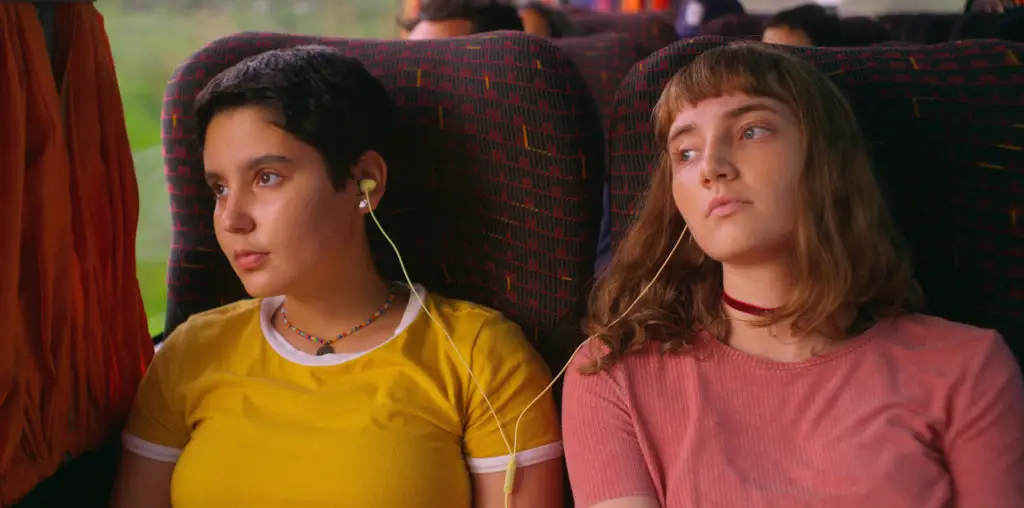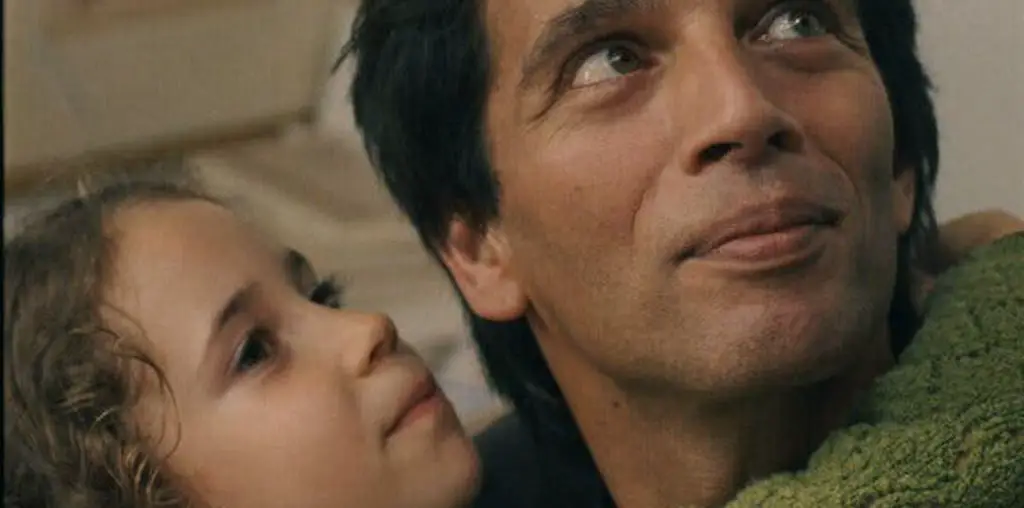
I feel quite sorry for actor Robert Kerman. He’s been in commercials and several dozen movies, including “”Spider-Man” and “”Night of the Creeps.” (And not to mention dozens of porno films.) He also does voice over work. Not a bad life for an actor. There is one role, however, that seems to haunt the guy. It has made him famous (or infamous, if you will) in certain film circles, and people love him for it. Unfortunately, that role has filled him with regret and even rage. He can’t escape it, and it seems like he would really like to. That role is Professor Harold Monroe, and if you don’t recognize the name, it’s because you probably haven’t seen the movie.
“”Cannibal Holocaust.”
It gets its own paragraph, which you’d understand if you’ve seen it. It’s a nasty, but important movie. It took depravity to new lows, resulted in charges being filed against the director, and has become a cult classic. It’s also a film that is very well-done and has many important things to say about society (and not many of them nice). One of the reasons it has forged a place in exploitation history is the fact that animals were killed during its filming, and it was all captured by the camera. Kerman had a particular problem with one animal (which has been called a muskrat, though I’m not sure that’s what it really is) that was maliciously destroyed, and in interviews about the film has said that the animal’s high pitched squeals were unlike anything he’s ever heard. Couple that with his daily arguments with director Ruggero Deodato and some of the other actors fearing they had ventured into a real snuff film, and it’s easy to understand why Kerman cursed the movie.
Kerman’s curse apparently affected him as well. He says that for quite some time after the film he had a very hard time landing good work. What makes matters even worse is that when he goes to film conventions and does interviews for the film, he makes a case after case as to why that particular animal killing scene should be cut, but nobody seems to want to listen. Some fans have even dismissed his concerns outright. Kerman, quite honestly, doesn’t even understand why people like the film as much as they do. He waffles between hating it for everything it is and admitting they actually did a good job with it. He has conflicting thoughts on the movie, and it’s plain to see that in the end he probably would be in a much better place spiritually (and possibly career-wise, too, as that kind of guilt has most likely helped to shape his film choices) had he never stepped in front of the camera in that damn jungle.
Watching the extras on the Grindhouse Releasing version of “”Cannibal Holocaust” really puts Kerman into perspective. In the commentary, he and the director still share barbs and it’s obvious there is an animosity between the two, as well as respect (they often go hand in hand anyway). In the interviews Kerman comes across as a tad bitter that people don’t seem to respect his concern for the “”muskrat.” He argues that keeping that scene in the film is unnecessary, that it wasn’t like the turtle killing because the turtle was killed for food, and that it wouldn’t be censorship to take it out. (In actuality, it would not be censorship unless the government forced the cut. It may be a form of self-censorship on a director, distributor or production company’s behalf, but it wouldn’t be official censorship in its most dangerous form.) His arguments fall on deaf ears, though. This must be utter torture (no pun intended) for someone who calls himself an “”animal rights activist.”
Kerman did the role (as well as a few other roles in cannibal movies) and he can’t take that back. The film has secured its place in history with multiple DVD releases, at least one book written about it, and countless essays floating around. That can’t be changed, either. The saddest aspect of the entire thing, however, is that Kerman will go to his grave with these feelings. Society won’t change in his lifetime, and the film won’t be discredited, either. And it shouldn’t be. Like Rob Zombie has said, art isn’t safe. There will always be people who think the animal scenes in “”Cannibal Holocaust” are awesome. There will always be people, like me, who think it’s a good film, but that the animal killings are distasteful and hard to watch. What Kerman can take comfort in is knowing that he understands the gray areas involved with art and its creation. He should take pride in the fact that he continues to speak out against that animal’s demise. He may not feel like it, but it makes him a better human being. He could easily ignore all that and do the convention circuits and interviews and just shine all the questions. He doesn’t, though. He brings up the internal conflict again and again. I imagine he’s even lost sleep over it. All these things point to a man who isn’t confused, but is actually fairly self-actualized. He has come to terms with his role in actions he didn’t agree with, and that makes him far more stable than the hordes outside his door. When Nazis said they were just following orders, it was a sign of weakness and a display of a serious lack of introspection. When Ted Bundy blamed pornography for his serial killing ways, it was a lie. When you blame circumstances and people and refuse to take responsibility for your actions, that is weak and immoral. When you can admit to your mistakes and move on without using them as a crutch, but are still able to understand how they fit in the mixture that molds your everyday life, that is a sign of strength and hope.
Kerman is a strong man. He’s a conflicted man. He’s a moral man. Now take that man and put him in one of the most notorious films of all time, and you get a fascinating character study that can serve as a roadmap as to how people should deal with their less savory moments.
You can think what you want about the film. You can think what you want about Kerman, as well. But you can’t blame him, and if you tried it would have no effect. Why? He’s already blamed himself, and he’s already punished himself, too. That’s more than most people will ever do, and that’s why he can still show his face in public and support the film without anyone being able to call him a “”phony” or even take him to task for his role in the movie. He’s taken that power away from his critics because, in the end, he’s the harshest critic of all.


I’m sorry it seems like I’m being antagonistic, but I’m really not. This line annoyed the hell out of me:
“And it shouldn’t be. Like Rob Zombie has said, art isn’t safe.”
Rob Zombie wouldn’t know art if it bit him in the a*s and kicked him down the stairs. This is the same guy who played dignified filmmaker, bashed the trend of remakes, and then shortly after, decides he’s going to remake one of the best horror films of all time, because he can.
And not many people have drawn attention to the quote where he expresses anger about unnecessary remakes.